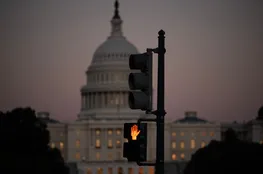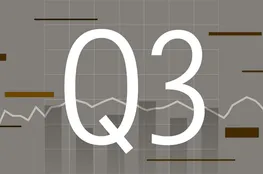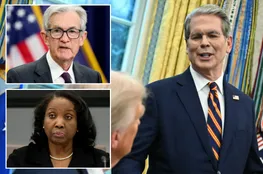The economic landscape is a pivotal factor for Black voters as the 2024 election approaches. Candidates are keenly aware that the Black vote could swing the election and are focusing on economic gains achieved during the Trump and Biden administrations. Donald Trump, the Republican candidate, touts record low unemployment and poverty rates for African Americans during his tenure. However, under President Biden, unemployment reached even lower levels, and poverty rates improved further. According to labor economist Valerie Wilson from EPI Action, Black workers are currently faring better than in 2019, signifying an economic win for the current administration. This is coupled with an increase in homeownership rates among Black families, although economic challenges persist.
Inflation has eroded wage growth, and many Black Americans feel they are not progressing financially despite a strong labor market. A recent poll from the New York Times and Siena College indicated that nearly three-quarters of Black voters rate the economy as fair or poor. Black voters often prioritize economic issues as they consider voting, assessing both the national economy and its specific impact on their communities. Despite ongoing support for Democrats, this backing has waned slightly. A Times/Siena poll shows nearly 80% support for Vice President Harris, compared to Biden's 90% support in 2020. Economic comparison between the Trump and Biden eras is complex due to external factors like the pandemic's volatility.
Under both administrations, unemployment rates averaged an historic low of 5.9% for Black workers, with the Biden administration seeing a peak employment rate for Black individuals in their prime working years. Wage growth was higher before the pandemic, averaging 3.1% annually under Trump after inflation adjustments, compared to 2.3% recently under Biden. However, inflation has severely affected recent wage increases, with significant price hikes in essentials hitting Black families hard. With Black families often renting and earning lower incomes, climbing living costs have been especially burdensome.
More than 70% of Black voters reported reducing grocery spending due to cost, according to the Times poll. While inflation remains an issue, voters may not solely hold the Biden administration accountable, as it's part of a broader global trend exacerbated by external events like the conflict in Ukraine. Inflation is now declining, offering some economic relief. The last eight years have left a mixed economic legacy for Black voters to evaluate. Many maintain faith in Harris, believing she could best manage the economy, contrasting with white voters who often lean toward Trump on economic issues. Regardless of inflation, some Black voters like Christopher Owens have credited the Biden-Harris administration for visible economic improvements, such as a rise in Black-owned businesses, and remain optimistic about future policies.
Conversely, others like André Murray acknowledge the economic prosperity during Trump's time, expressing dissatisfaction with recent economic outcomes under Democrats. Despite frustrations with housing affordability and perceived unmet promises, Murray is inclined to support Harris, considering her policies holistically. Meanwhile, some Black voters, such as Paul James Jr., plan to vote Republican due to discontent with the current economic direction. James, who supported Obama in earlier elections, observes more industry vitality under Trump and criticizes Biden's spending policies, attributing them to the rapid inflation.
For Democrats, there's a risk that if Black voters feel the current economy isn't advancing their interests, they may lack enthusiasm to vote. Christopher Towler, leading the Black Voter Project, highlights the need for Harris to motivate substantial Black voter turnout akin to Obama's era. Black turnout dipped in 2016 post-Obama but somewhat recovered in 2020. The challenge for Harris is whether she can mobilize this critical voter base effectively.
























